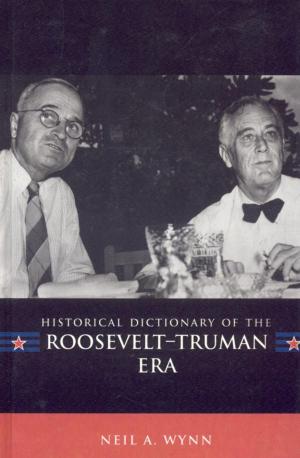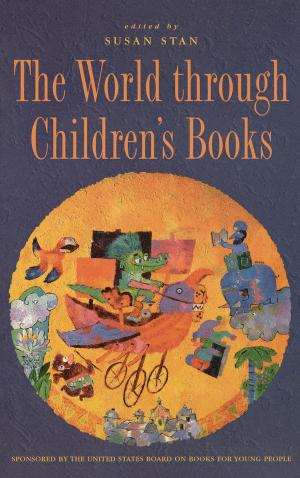Baby Boomer Rock 'n' Roll Fans
The Music Never Ends
Nonfiction, Entertainment, Music, Pop & Rock, Rock, Social & Cultural Studies, Social Science, Cultural Studies, Popular Culture, History, Americas, United States, 20th Century| Author: | Joseph A. Kotarba | ISBN: | 9780810884847 |
| Publisher: | Scarecrow Press | Publication: | December 21, 2012 |
| Imprint: | Scarecrow Press | Language: | English |
| Author: | Joseph A. Kotarba |
| ISBN: | 9780810884847 |
| Publisher: | Scarecrow Press |
| Publication: | December 21, 2012 |
| Imprint: | Scarecrow Press |
| Language: | English |
Rock ‘n’ roll infuses the everyday life of the American adult, but for the first, complete generation of rock ‘n’ roll fans—baby boomers born between 1946 and 1964—it holds a special kind of value, playing a social personality-defining role that is unique to this group. Based on 18 years of sociological research and 52 years of rock ‘n’ roll fandom, Baby Boomer Rock ’n’ Roll Fans: The Music Never Ends draws on data collected from participant observations and interviews with artists, fans, and producers to explore our aging rock culture through the filter of symbolic interactionist theory. As author Joseph Kotarba notes, the “purpose in writing this book is to describe sociologically the many ways people in our society who were raised on rock’n’roll music and its cultural baggage have continued to use the rock’n’roll idiom to make sense of, celebrate, and master everyday life—through adulthood and for the rest of their lives.”
Sociological concepts of the “self” are the key organizing feature of this book, as each chapter engages with sociological ideas to explain how baby boomers use popular music to explore, sculpt, fulfill, and ultimately make sense of who they are in different contexts. Kotarba looks at baby boomers as individuals and parents, as political actors and religious adherents, social beings and aging members of American society, detailing throughout how rock ‘n’ roll provides a groundwork for establishing and maintaining both private and public sense of self. Baby Boomer Rock ’n’ Roll Fans will interest scholars and students of music and sociology and American popular culture.
Rock ‘n’ roll infuses the everyday life of the American adult, but for the first, complete generation of rock ‘n’ roll fans—baby boomers born between 1946 and 1964—it holds a special kind of value, playing a social personality-defining role that is unique to this group. Based on 18 years of sociological research and 52 years of rock ‘n’ roll fandom, Baby Boomer Rock ’n’ Roll Fans: The Music Never Ends draws on data collected from participant observations and interviews with artists, fans, and producers to explore our aging rock culture through the filter of symbolic interactionist theory. As author Joseph Kotarba notes, the “purpose in writing this book is to describe sociologically the many ways people in our society who were raised on rock’n’roll music and its cultural baggage have continued to use the rock’n’roll idiom to make sense of, celebrate, and master everyday life—through adulthood and for the rest of their lives.”
Sociological concepts of the “self” are the key organizing feature of this book, as each chapter engages with sociological ideas to explain how baby boomers use popular music to explore, sculpt, fulfill, and ultimately make sense of who they are in different contexts. Kotarba looks at baby boomers as individuals and parents, as political actors and religious adherents, social beings and aging members of American society, detailing throughout how rock ‘n’ roll provides a groundwork for establishing and maintaining both private and public sense of self. Baby Boomer Rock ’n’ Roll Fans will interest scholars and students of music and sociology and American popular culture.















